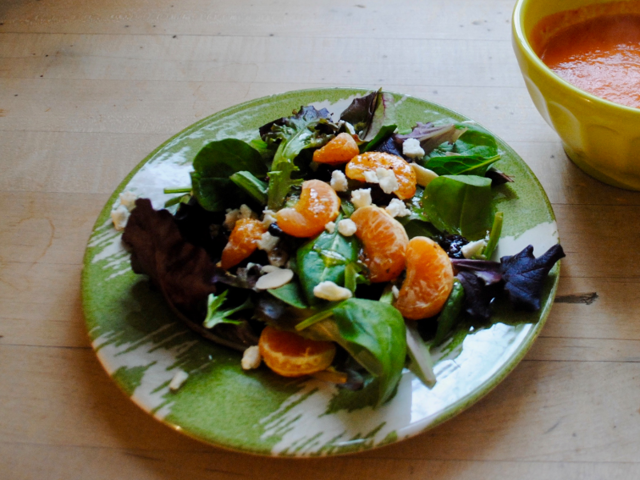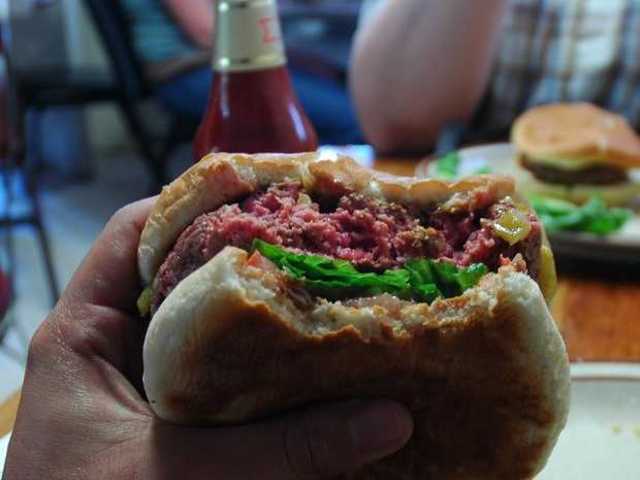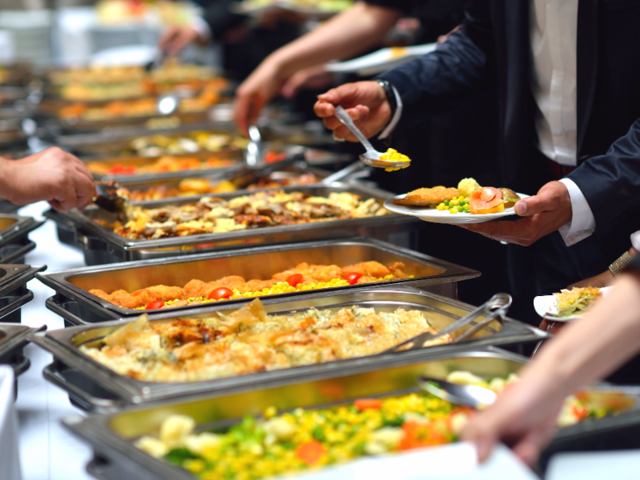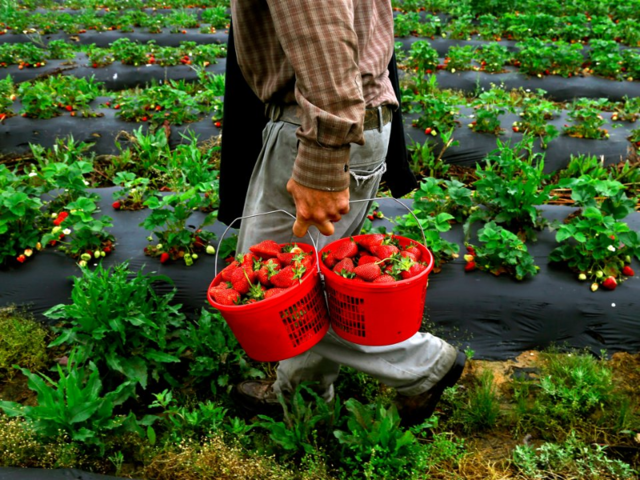Salads

Your healthy choice is actually one of the riskier options on the menu at chain restaurants.
"I'd eat sushi before I ate a salad," Marler said. "I wouldn't eat it at a 7-11, but I've eaten sushi at a good sushi restaurant."
While cooking veggies and meat can kill germs, salads bring together a lot of raw foods that have had countless opportunities for contamination. Restaurants that buy pre-chopped lettuce from suppliers put themselves at even greater risk.
"Not every lettuce leaf in the field is contaminated E. coli, but some of them are," Marler said of the risks of pre-washed, bagged lettuce. "And when you mix and match it at a processing facility and chop it up, you get what you get."
Soft-serve ice cream

Cleanliness of ice and ice cream machines can cause huge problems when workers aren't following safety guidelines. There's a grossness factor of finding mold in soft-serve ice cream machines — but there are also real risks.
"There have been a number of cases linked to listeria, where listeria will get into the inner workings of these ice cream machines and kill people," Marler said.
Rare meat

Marler agrees with known-germaphobe President Trump on at least one thing: well-cooked meat is the way to go.
"Skip the medium hamburger and get it well done, and just add a little ketchup like the president," he said.
According to the expert, meat needs to be cooked to 160 degrees throughout to kill bacteria that could cause E. coli or salmonella.
Buffets

"I never eat a buffet," Marler said. "I'll order off the menu."
Buffets have a heightened risk of exposure to the lines of people who might touch or sneeze on food, contaminating the dish for anyone else. Then, there is the temperature issue, as dishes are better able to host bacteria when kept at room temperature.
Food shipped internationally

In general, Marler says people can best avoid food poisoning by simply eating food handled by as few people are possible and only eating at restaurants with strict food safety practices.
While chain restaurants tend to have strict safety policies, if they serve food from suppliers that got contaminated at some point along the supply chair, there is little they can do. And, those risks are exacerbated in the cases of food that is being imported from a significant geographical distance.
"You can get Hepatitis from scallops from the Philippines, but you probably shouldn't be eating scallops from the Philippines," Marler said. "You can get Hepatitis A from strawberries from Egypt, but you probably shouldn't be getting strawberries from Egypt."
No comments:
Post a Comment